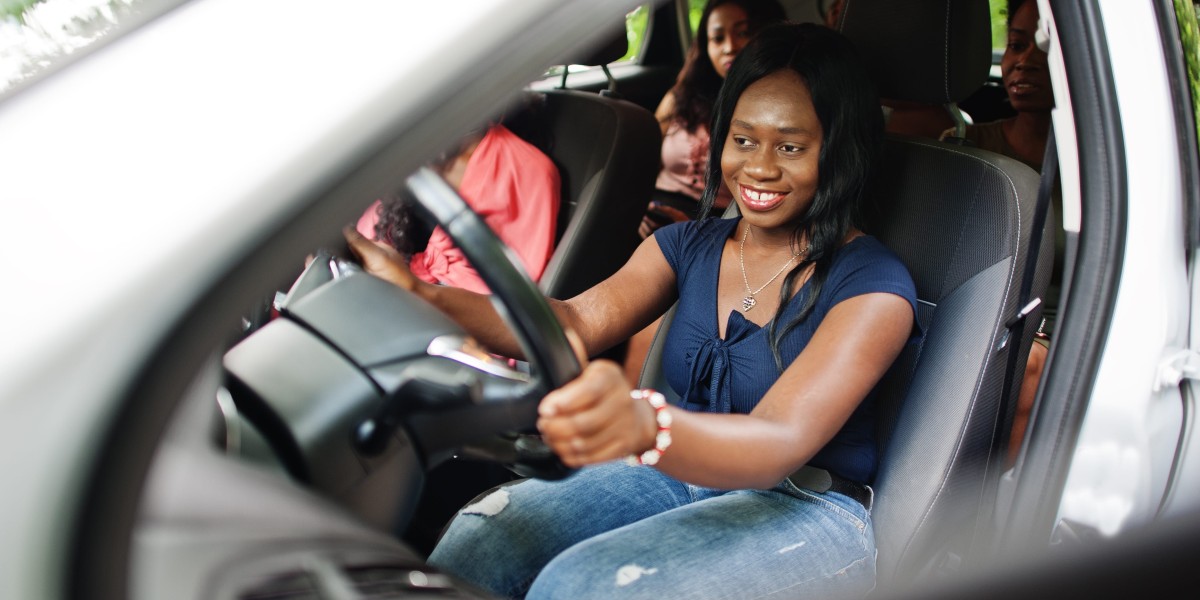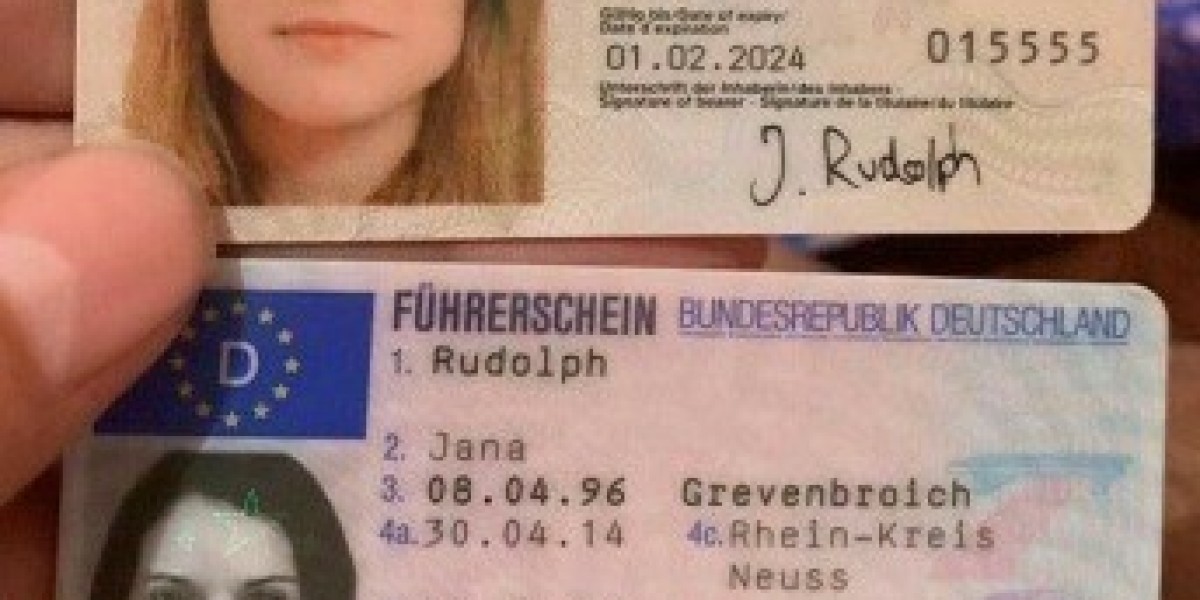
Understanding the UK Driver's Licence: A Comprehensive Guide
Obtaining a driver's licence in the United Kingdom is a considerable turning point for numerous individuals. It not only represents self-reliance however likewise provides higher freedom in personal and expert elements of life. This article aims to supply an in-depth overview of the UK driver's licence, including how to apply, various types of licences, and numerous guidelines related to driving in the UK.

Introduction of the UK Driver's Licence
In the UK, a driver's licence is a main document that allows an individual to run motor automobiles on public roadways. The driving licence system in the UK is structured and controlled by the Driver and Vehicle Licensing Agency (DVLA).
Kinds Of UK Driver's Licences
The UK offers a number of kinds of driving licences, each tailored for different categories of automobiles. These consist of:
Provisional Licence:
- Age Requirement: Minimum of 17 years
- Enables learners to drive under particular conditions.
- Can not drive without a certified driver accompanying them.
Complete Licence:
- Issued once a person has passed both the theory and practical driving tests.
- Various categories available based upon vehicle types:
- Category B: Cars
- Classification A: Motorcycles
- Category C: Large goods cars
- Category D: Buses
International Driving Permit (IDP):
- Required for driving in some foreign nations.
- Issued to UK licence holders at Post Office branches.
Short-term Licences:
- For individuals who may have lost their licence or are awaiting updates on their existing licence.
The Application Process for a UK Driver's Licence
Making an application for a driver's licence in the uk driving license includes a number of steps, whether for a provisionary or complete licence. Here are the important actions in detail:
Step 1: Obtain a Provisional Licence
- Eligibility: Individuals must be at least 17 years old to apply.
- Application: Applications can be made online through the DVLA website or through paper types offered at post offices.
- Documents Required:
- Proof of identity (passport or another main ID).
- National Insurance number (if offered).
- A postal address in Great Britain.
Action 2: Study for the Theory Test
- Material: The theory test includes multiple-choice questions and a danger understanding test.
- Preparation: Various resources are readily available, consisting of online courses, apps, and books that help in preparation.
Action 3: Pass the Theory Test
- The theory test should be cleared before trying the useful driving test.
Step 4: Practical Driving Test
- Learning and Instruction: An individual can take driving lessons with a qualified trainer or learn with an approved accompanying driver.
- Reserving the Test: Once positive in driving capabilities, prospects can schedule their practical test online.
- Test Components: The practical test examines driving abilities, maneuvers, and real-world driving conditions.
Step 5: Receiving the Full Licence
- After successfully passing the useful driving test, the DVLA will provide a complete driving licence, which enables individuals to drive individually.
Rules and Regulations
Maintaining a legitimate driving licence in the UK needs adherence to several rules and policies:
- Renewal: Licences should be renewed every ten years. Renewal can be done online or by means of paper application.
- Points System: The UK utilizes buy a drivers license charge points system. Certain traffic offences lead to points being contributed to a driver's licence, which can result in extreme consequences if the build-up goes beyond a particular limitation.
- Medical Conditions: Drivers licence uk should notify the DVLA of any medical condition that could affect their ability to drive.
Common Challenges in Obtaining a Licence
Acquiring a driver's licence can sometimes be challenging. Here are some typical obstacles dealt with by aspiring drivers and tips on how to tackle them:
- Nervousness During Tests: Many candidates experience stress and anxiety throughout their theory or useful tests. It is advisable to take mock tests or participate in practice sessions to construct self-confidence.
- Failure to Pass Tests: If a private fails their tests, they can retake them after a certain waiting period. Preparing with extra driving lessons or research study materials can help in subsequent efforts.
- Comprehending Rules: The intricacies of roadway guidelines and regulations might be frustrating. Enrolling in a credible driving school can offer clearness and insight into these guidelines.
Frequently asked question Section
1. How long does it take to get a driving license uk a driving licence in the UK?The timeline differs based upon the individual's learning rate. On average, achieving a complete licence can take a few months, including finding out time and the waiting duration for tests. 2. Can I drive while waiting for my complete
licence?You can drive with your provisionary licence if accompanied by a certified driver who is at least 21 years of ages and has actually held a full licence for 3 or more years. 3. What do I do if I lose my driving licence?You can request a replacementlicence by means of the DVLA site or through post, offering needed recognition and paying the required fee. 4. How much does it cost to get uk driving licence a driver's licence in the UK?Costs can differ significantly however usually consist of application fees , the theory test cost, dry run charges, and driving lessons. Overall, it may amount to countless pounds, depending upon private scenarios. 5. Exists a minimum number of lessons I should take?There is no official minimum variety of lessons mandated. Nevertheless, taking lessons till you feel great is a good idea. Getting a buy driver license online's licence in the UK is a gratifying process that unlocks to mobility and freedom. By understanding the actions involved, the types of licences offered, and the regulations governing driving, prospective drivers can navigate the system successfully. Whether one is a learner or a skilled driver, remaining informed on the current guidelines and finest practices is essential to ensure safe and responsible driving within the UK.







